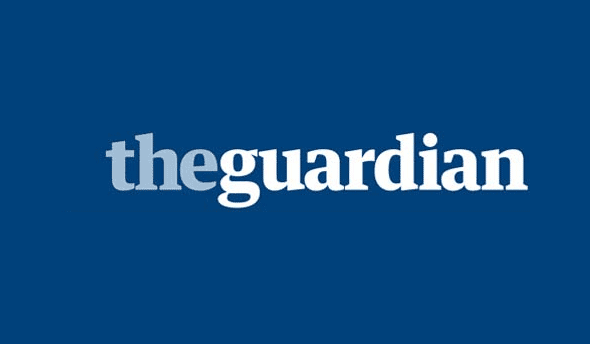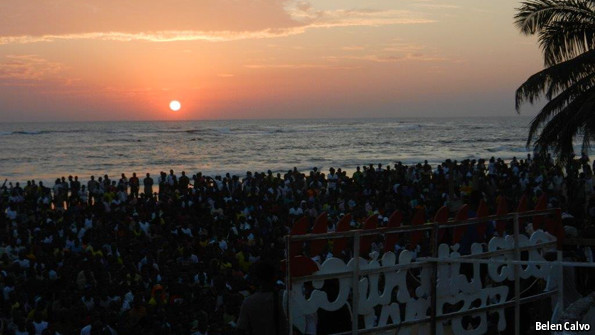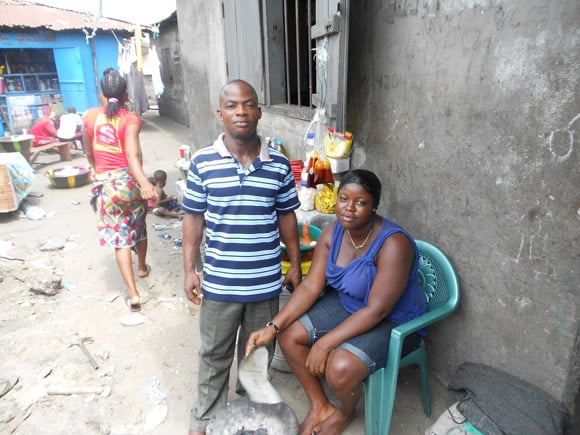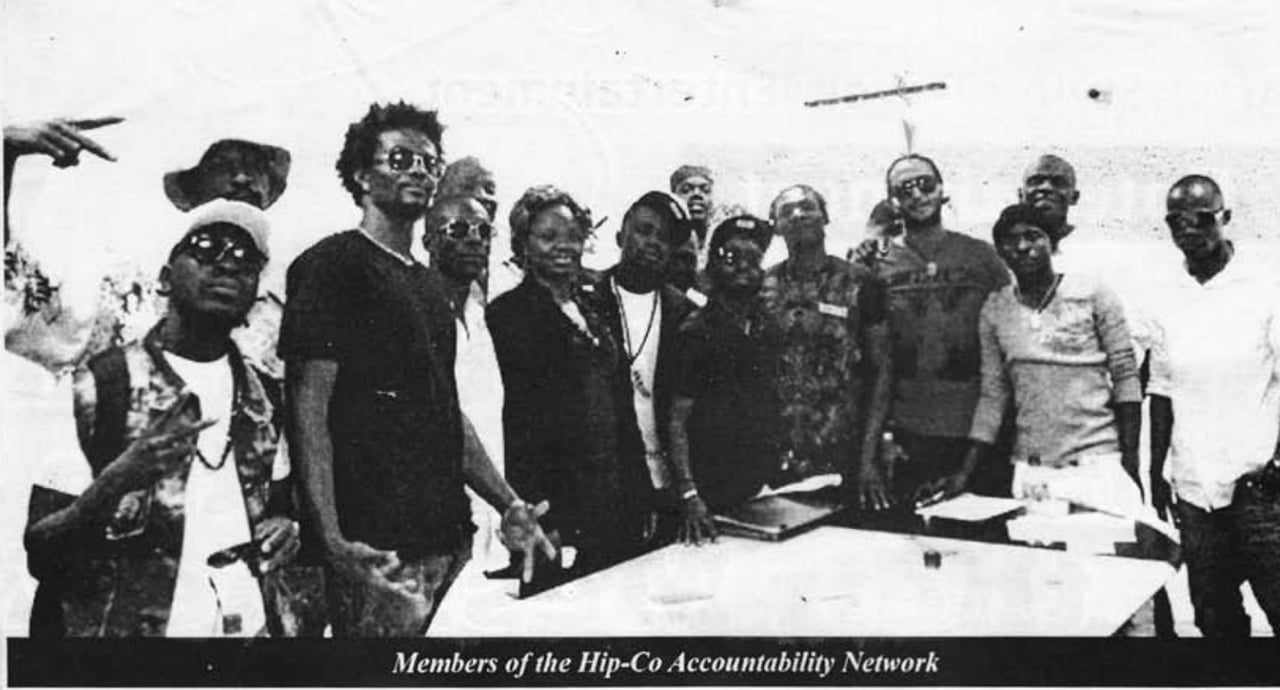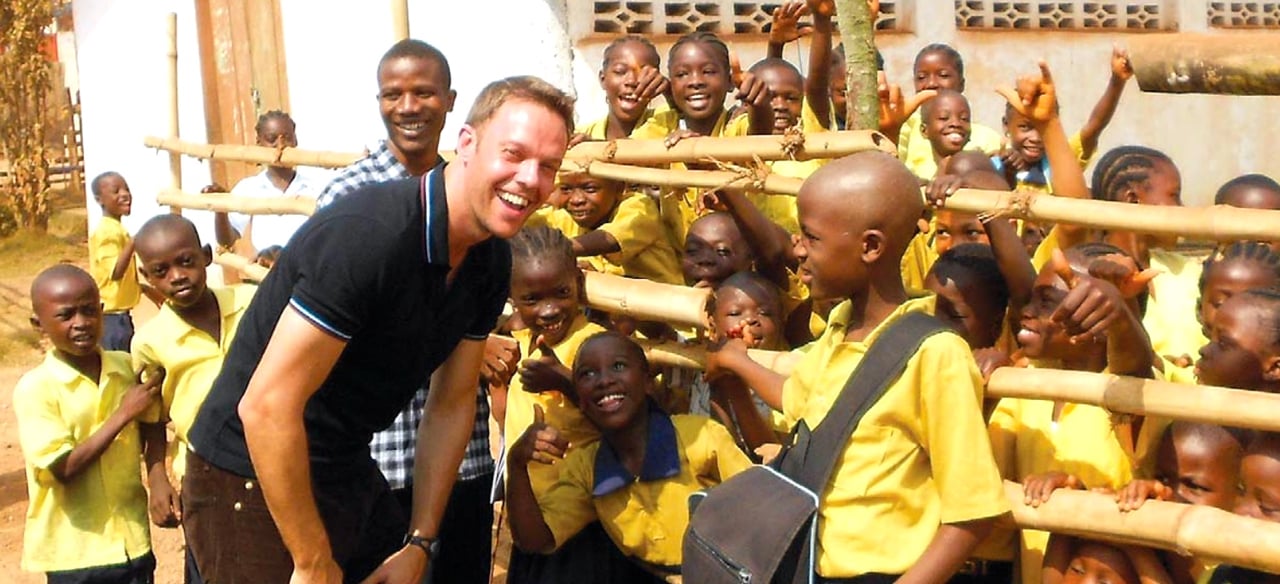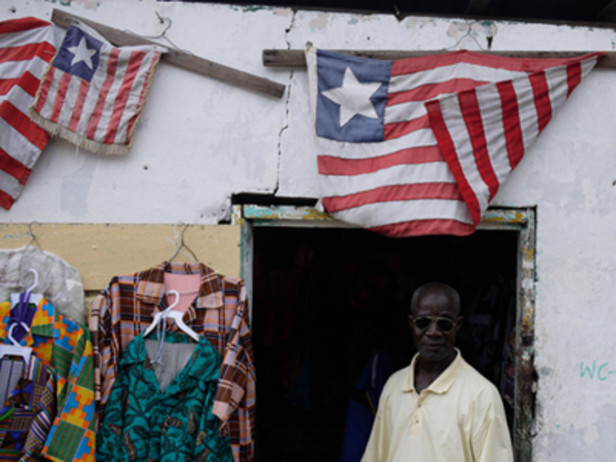Access to information: Bridging the digital divide in Africa
This post was originally published by The Guardian. By Loren Treisman Technology has increased the speed and reach of information but how do you get to communities that are offline or illiterate? Loren Treisman counts the ways With only 7% of Africans online, what are the low-tech ways to increase access to information? Photograph: Stephane De Sakutin/AFP With all the excitement about the role of technology in contributing to social change and improved development outcomes across Africa, it is easy to forget that only 7% of the continent's inhabitants are online. While mobile phone usage is widespread at 72%, [...]

